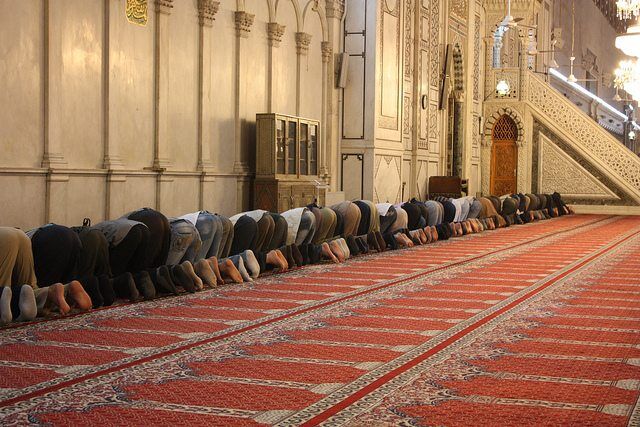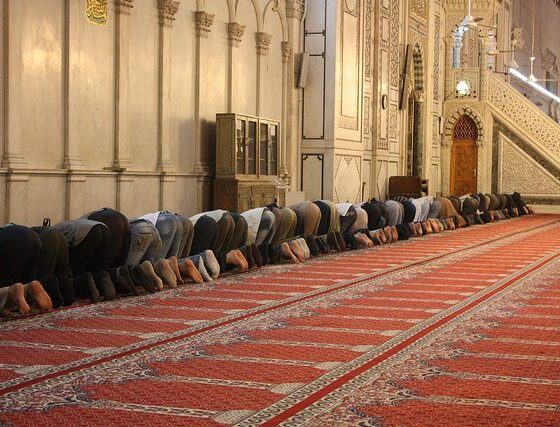

Energy
Fasting Faith Communities Taking Climate Action At United Nations Conference
Climate change could result in the loss of 500,000 lives, by 2030. Faith communities have united at the United Nations Climate Conference in Marrakech at a time of global uncertainty and division in terms of climate action.
The two largest faith based NGOs in the UK, Islamic Relief UK and Christian Aid, alongside The Lutheran World Federation and many others have teamed up for an interfaith fast raising awareness about the damaging effects of climate change. People of all faiths and none have chosen to fast today, 17th November 2016 as COP22 negotiations come to a close. It is an act of solidarity with those around the world who suffer from the effects of climate change and to pray for fruitful negotiations from world leaders.
The breaking of the fast was a time to celebrate the achievements of faith communities in tackling climate change and also an opportunity to call on them to act as one in the uncertain times ahead.
The fast was coordinated by the ‘Fast for the Climate’ movement which emphasises working across different faiths to tackle the loss and damage of human life caused by climate change.
The effects of climate change affect us all
“The effects of climate change affect us all, and it’s so good to see people of faith and no faith coming together to raise awareness about this,” said Maiya Rahman Islamic Relief’s Campaigns Coordinator.
“At Islamic Relief we are guided by the values and principles of the Islamic faith and it is from this rich heritage that we root our commitment to environmental sustainability. Islam calls all Muslims to protect the environment and ensure that we conserve and sustainably, use the earth’s resources for the benefit of present and future generations.
“Islamic Relief UK is currently working in this area through our overseas disaster risk reduction programmes across Asia and Africa and by advocating for climate action.”
Christian Aid spokesman, Joe Ware, added: “Fasting is a symbolic and spiritual act taken by people of faith for centuries. We use it as a small act of solidarity with people for whom climate change is taking their food, their homes and their livelihoods.
“At a time when it feels like we live in a divided and fragile world, fighting the existential threat of climate change has the potential to bring us together. If we don’t address it in time, rising seas and rising temperatures will affect us all, irrespective of our faith, race or gender.
“As people of faith we have a moral duty to tend and keep our shared creation and honour the creator who gifted it to us. Fouling it with pollution and making parts of it uninhabitable is a gross dereliction of our sacred duty. The good news is people of faith make up most of the world so we have a key role to play.”
Interfaith action took place through the conference including the handing of an interfaith climate statement to the UNFCCC Executive Secretary, Patricia Espinosa signed by 96 faith leaders from across the globe. NGOs, academics and think tanks across the board have been stressing the role of faith in achieving the sustainable development goals mission ‘nobody left behind’, particularly on goal 13 climate action.


 Environment12 months ago
Environment12 months agoAre Polymer Banknotes: an Eco-Friendly Trend or a Groundswell?

 Features11 months ago
Features11 months agoEco-Friendly Cryptocurrencies: Sustainable Investment Choices

 Features12 months ago
Features12 months agoEco-Friendly Crypto Traders Must Find the Right Exchange

 Energy11 months ago
Energy11 months agoThe Growing Role of Solar Panels in Ireland’s Energy Future




























